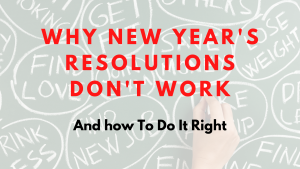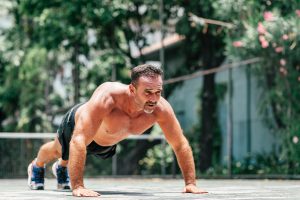

Maybe some of you noticed that Whole Foods started dedicating a section of their buffet to the paleo diet. The sign above the trays of food simply says “Paleo Diet.” Eager to try it and while debating between the roasted chicken and the fish, I overheard a woman saying to her husband, “Let’s try this paleo diet thing. It looks delicious.”
Now, something bothered me hearing that. Something felt very wrong with it.
So, I started thinking about diets in general and how, when it comes to a real change in one’s life, the word diet in itself is the biggest problem. A diet is being interpreted in many people’s minds as a compartmentalized product, plan or some object you can buy and use whenever you want. And so, we’ve seen many diets trends or fad diets come and go, including low-fat, low-protein, low-carb or no-carb, vegetarian, vegan and raw food diets and yes – the paleo diet too, if it’s misinterpreted can fall into this category. The common thread that goes through all of these diets is the fact that since there’s money to be made, they are presented to you as a product, and as such, it needs to sell. Now, marketers know very well that in order to sell a diet, the concept needs to be simple. You have to make a simple division between good foods and bad foods, and even more importantly, you have to promise fast results. Also you have to talk in tangible terms and numbers (i.e., loose X pounds in Y days), include before and after pictures and testimonials that start with: “I tried everything, but nothing worked…until I read the (fill in the blank) diet book!”
What is the problem here?
Usually, the benefits or results of these diets are not the lasting kind of benefits. You can lose some weight on a diet for some time. Unfortunately, being overweight is just a symptom of a much more complicated systemic problem. Therefore, losing weight on some crash diet will not solve the underlying causes of the problem that can be a complexity of physical and mental causes. People tend to relapse on these kinds of diets and gain back all the weight they lost and many times even more. That happens not only because the root issues were not addressed, but also as a result of very restrictive diets that won’t allow any room for personal choice.
Another problem with these diets is that they don’t take an individualized approach. They try to apply a “one size fits all” set of rules. To me, that’s just common sense. For example, how can the dietary needs of an active 17-year-old male be equal to the needs of a post-menopausal 60-year-old woman? Even if we compare two 17-year-old males, we’ll find differences in their dietary needs.
A very important distinction that many diet systems don’t make is answering the question: what kind of weight do we need to lose? Just as not all calories are equal, also, not all pounds are equal. Extreme diets can make people lose fat as well as important muscle tissue. Exercise and movement are critical components in maintaining healthy muscle tissue, and many times, diets are not putting enough emphasis on that.
A Holistic Approach to Paleo Eating
As long as we look at a diet as a product, as something we can buy, use for limited time and forget about, it’s not going to work and the paleo diet like all the others is used as a product too. I truly believe that the logic behind the paleo diet is based in very sound science. The evolutional case is a very strong and convincing case. But the paleo diet can also be misinterpreted and misused for the same reasons I mentioned above. Just like anywhere else, here, too, we can see oversimplification and the tendency to apply the same logic on everybody and of course, the need to sell a simple and easy concept. So if you ask most people about the paleo diet, they’ll say something like, “Oh, it’s this caveman diet, no? You can eat only lean meat, fruits, vegetables and nuts.” Our ancestors obviously had a much more diverse diet that changed dramatically according to the geographic and seasonal changes they experienced. Also, the paleo lifestyle had other elements that were beneficial to our ancestors’ health, like a lot of movement and less stress.
My point is that a real change comes with an inclusive shift in one’s state of mind regarding what health and well-being are. Diet is one element, which is complicated by itself, but it can never be just diet. The element of time is also crucial. A serious change doesn’t simply take 3 or 6 months. I would suggest that we start thinking in years. The point is not to put anybody down, but to be realistic. The expectation of solving and healing an accumulative damage of 30 or 40 years is unrealistic, add will always take you back to the starting point. This is how the vicious cycle of failure, relapsing and despair is created.
I believe that the body and mind have tremendous self-healing powers, but they need time to heal. And the healing process is not always linear; or happens according to a structured plan. The complexity of elements involved in the healing process is enormous, and we have to respect the system to move at its own unique pace. Do your best to provide the body with the raw materials, mental and physical, and your body will do the rest.



